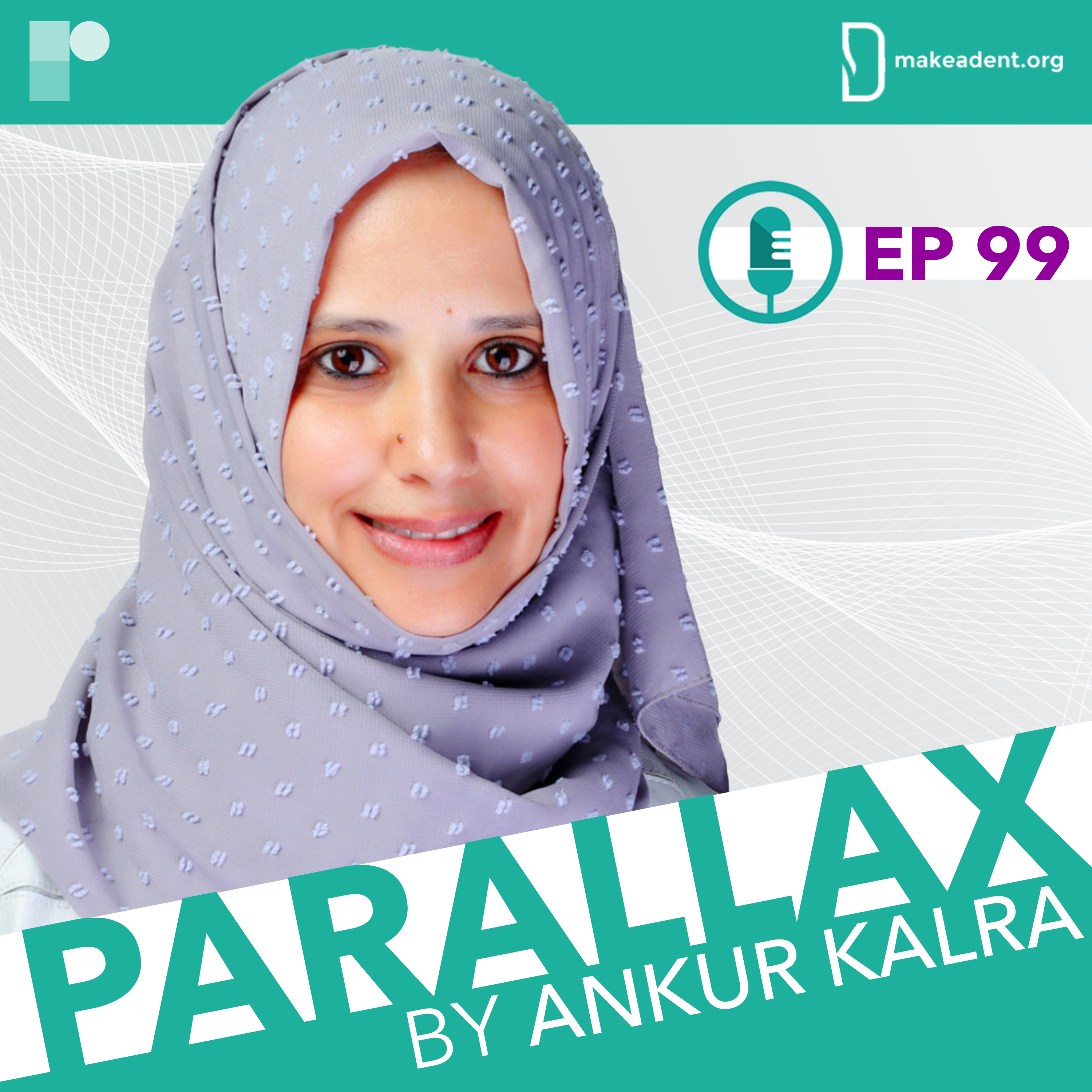
In this week's Parallax, Dr. Ankur Kalra's guest is Dr. Mirvat Alasnag. Dr. Alasnag is an interventional cardiologist at King Fahad Armed Forces Hospital (KFAFH) in Saudi Arabia. Additionally, she serves as the Editor-in-Chief at Current Cardiovascular Imaging Reports and is a member of the Board of Trustees at SCAI.
Dr. Alasnag and Dr. Kalra provide a comprehensive review of the key highlights from ESC Congress 2023. Dr. Alasnag distills the background and latest evidence from key interventional trials, emphasizing their significance for patient care.
Tune in to discover the strategies that Dr. Kalra and Dr. Alasnag are currently employing and gain insights into how these data will shape their future decision-making in the catheterization laboratory. Don't miss this informative discussion at the forefront of interventional cardiology.
Trials included:
FIRE: Physiology-Guided Complete PCI in Older MI Patients
MULTISTARS AMI: MULTivessel Immediate Versus STAged RevaScularization in Acute Myocardial Infarction
ILUMIEN IV: Optical coherence tomography-guided coronary stent implantation compared to angiography
OCTOBER: European Trial on Optical Coherence Tomography Optimized Bifurcation Event Reduction
OCT Vs IVUS Vs Angiography Guidance
OCTIVUS: Optical coherence tomography non-inferior to intravascular ultrasound for stent guidance
What are the take-home messages from ESC 2023 for interventional cardiologists? How can we interpret the results for patient care? What new data have the power to change guidelines?
Questions and comments can be sent to “podcast@radcliffe-group.com” and may be answered by Ankur in the next episode.
Guests: @mirvatalasnag Host: @AnkurKalraMD and produced by: @RadcliffeCARDIO.



Parallax’s guest this week is Dr Eric David Adler, Medical director of heart transplant and mechanical circulatory support at UC San Diego Health.

How did Dr Gragossian receive her diagnosis? How does she feel about her new reality? What drives her? What is her message to our listeners?

Just after 9/11, Heval, the 18-year-old Syrian Kurdish refugee found a job as a dishwasher. At this point, he was the sole provider of his family. The pressure that comes from being poor did not leave him for many years. Today, he is firm believer in giving back to underserved communities by spreading awareness within the medical community. As he says, well-meaning people of privilege are sometimes afraid to act. What we need is more people to bridge the gap and find ways to help each other.

What drives Dr Nishtha Sodhi? What were the formative moments of Dr Sodhi’s career? What are the new frontiers of cardiology?






